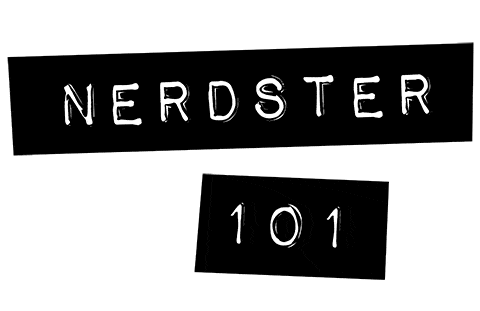Fear is the mind-killer. Fear is the little-death that brings total obliteration. I will face my fear. I will permit it to pass over me and through me.”
– Herbert, Dune
Introduction
This is a concise, yet comprehensive summary of Frank Herbert’s legendary science fiction novel, “Dune.” It provides a brief overview of the story, characters, themes, and the impact it has had on literature and culture, all wrapped in an easy-to-digest, reader-friendly format.
Book Information
– Title: Dune
– Author: Frank Herbert
– Genre: Science Fiction
– Publication Year: 1965
Brief Overview
Dune explores the life of Paul Atreides on the desert planet Arrakis, dealing with politics, religion, ecology, and human potential.
Background
Author’s Background
Frank Herbert (1920-1986) was a renowned science fiction writer, famous for his intricate and meticulously researched novels, with Dune being his most celebrated work.
Publication Context
Dune is the first book in the Dune series. Its innovative blend of science fiction, politics, and religion was groundbreaking in the mid-1960s.
Character Summary
Main Characters
– Paul Atreides: The young heir to House Atreides, who becomes the prophesied messiah, Muad’Dib.
– Duke Leto Atreides: Paul’s father, the head of House Atreides.
– Lady Jessica: Paul’s mother, a member of the mysterious Bene Gesserit sect.
– Baron Harkonnen: The cunning and ruthless enemy of House Atreides.
Character Development
Paul matures from a nobleman’s son to a religious and political leader, combining tactical brilliance with spiritual insight.
Plot Summary
Dune revolves around the political machinations of galactic houses vying for control of the planet Arrakis, the only source of the valuable “spice” melange.
Setting
The story unfolds on the arid, inhospitable desert planet Arrakis.
Themes and Motifs
Key Themes
The key themes include power and corruption, human potential, and the intersection of religion, politics, and ecology.
Motifs and Symbols
The sandworms of Arrakis and the “spice” melange are recurring symbols, representing power, transformation, and the planet’s dangers and rewards.
Takeaway Morals
Morals
Dune underscores the dangers of absolute power, the potential of human beings to transcend their limitations, and the necessity of living in harmony with the environment.
Application
These moral lessons resonate today, given our concerns with political power, human potential, and environmental sustainability.
Analysis
Literary Devices
Herbert masterfully uses foreshadowing and prophetic visions to build suspense and complexity.
Style and Tone
The book combines political intrigue, spiritual discourse, and detailed world-building, creating a unique, compelling tone.
Critical Reception
Initial Reception
Dune received the Nebula Award for Best Novel and shared the Hugo Award, indicating its immediate success.
Current Standing
Today, Dune is considered a milestone in the science fiction genre, influencing many subsequent works.
Personal Response
Personal Opinion
Reading Dune was like a rollercoaster ride through an alien desert – fun, thrilling, and a little spicy!
Recommendation
Whether you’re a sci-fi geek or a casual reader, Dune’s sandy saga won’t disappoint. Just remember to bring your water.
About the Author
Biography
Frank Herbert was an American science fiction writer, best known for his Dune series. Born in 1920, he made significant contributions to the genre until his death in 1986.
Literary Career
Herbert’s Dune series has had a lasting impact on the genre, earning him a place among the greats of science fiction.
Book Details
Publication Details
Dune was first published in 1965 by Chilton Books.
Structural Details
Dune is divided into three parts and has a total of approximately 412 pages.
Conclusion
Summary
Dune is a landmark science fiction novel, providing a rich exploration of power, potential, and the interplay of politics, religion, and ecology.
Final Thoughts
As compelling today as it was at its release, Dune remains a must-read for any science fiction enthusiast.
-
Père Goriot, by Honoré de Balzac – Quick Book Summary
-
The Wind-Up Bird Chronicle, by Haruki Murakami – Quick Book Summary
-
The Sorrows of Young Werther”, by Johann Wolfgang von Goethe – Quick Book Summary
-
A Room of One’s Own, by Virginia Woolf – Quick Book Summary
